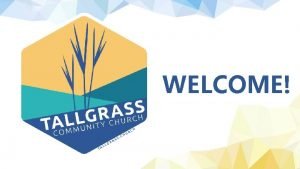GENESIS Generative eSocial Science Paul Townend 1 Jie

- Slides: 1

GENESIS: Generative e-Social Science Paul Townend 1, Jie Xu 1, Mark Birkin 2, Andy Turner 2, Belinda Wu 2, Alison Heppenstall 2, Martin Clarke 2 1 School 2 School of Geography of Computing University of Leeds, LS 2 9 JT, UK GENe. SIS (GENerative e-Soc. Ial Science) is a collaborative project based at the University of Leeds and University College London. It seeks to develop models of social systems where the main applications are to build environments and cities (relevant to the work of architects, geographers and planners) using new techniques of simulation involving complexity theory, agent-based models and micro-simulation. New technology and research methods have allowed social scientists to attempt increasingly sophisticated and complex social modelling and simulation, and GENe. SIS aims to pioneer new ways of visualizing cities and social science data using Web 2. 0, Grid, and Cloud technologies. GENe. SIS functionality has been developed and exposed as a number of Web Services, which can be dynamically found and invoked at run-time. The services can be accessed either by using a Workflow enactor, or through a number of GENESIS-developed interfaces, including a Java client, and JSR-286 compatible Web Portlets (seen to the left running in a Life. Ray server). GENESIS Portlets running in a Web Browser In addition to the user interfaces created for the GENe. SIS project, much work has also been performed on visualising GENe. SIS data. This includes layering thedata onto the Google Earth application, as well as a Google Maps web-based interface, and an open-source webbased mapping tool called Open Layers. Further visualisation work, including the use of 3 D visualisations, is being performed by University College London, and is intended to be integrated into the main GENESIS interfaces in the near future GENe. SIS Google Earth Visualisation For more information, please contact Prof. Mark Birkin (m. h. birkin@leeds. ac. uk) or Dr. Paul Townend (p. m. townend@leeds. ac. uk)

